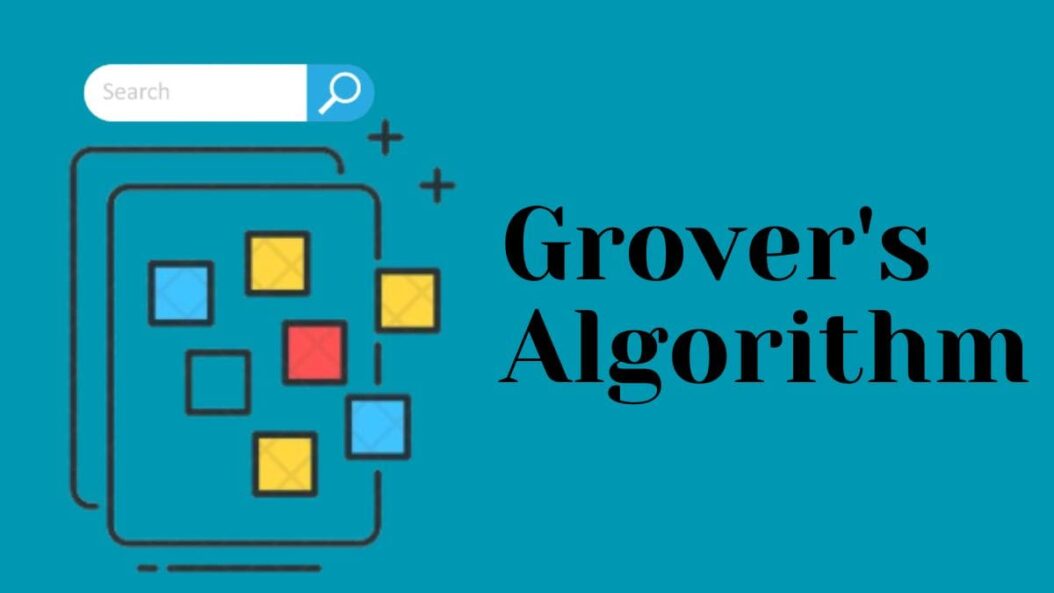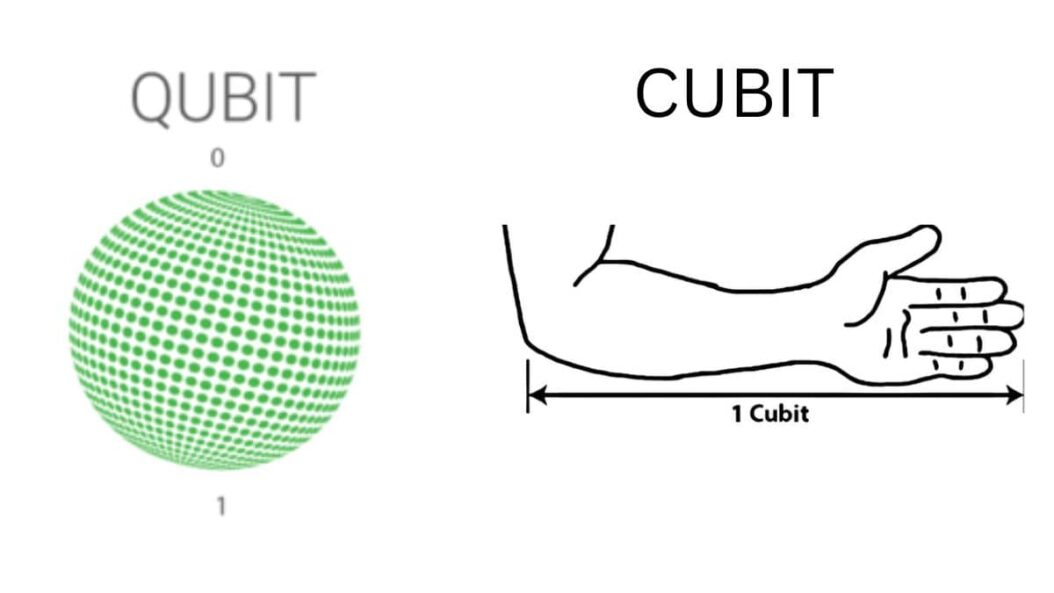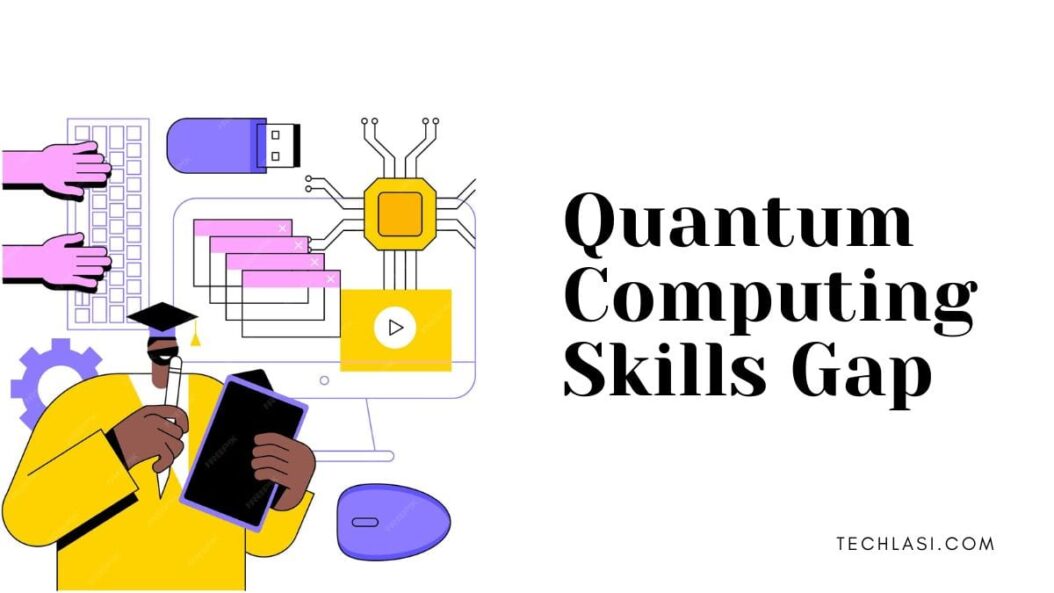Grover’s Algorithm for Searching Unstructured Databases in 2025
Unstructured data is increasing exponentially in the 2020s. With massive amounts of unstructured data being generated from social media, sensors, digital images and videos, organizations need ways to efficiently search and analyze this data. Grover’s quantum algorithm has emerged as a breakthrough method for quickly searching unstructured databases. What is Grover’s Algorithm? Grover’s algorithm, developed […]
Grover’s Algorithm for Searching Unstructured Databases in 2025 Read More »




